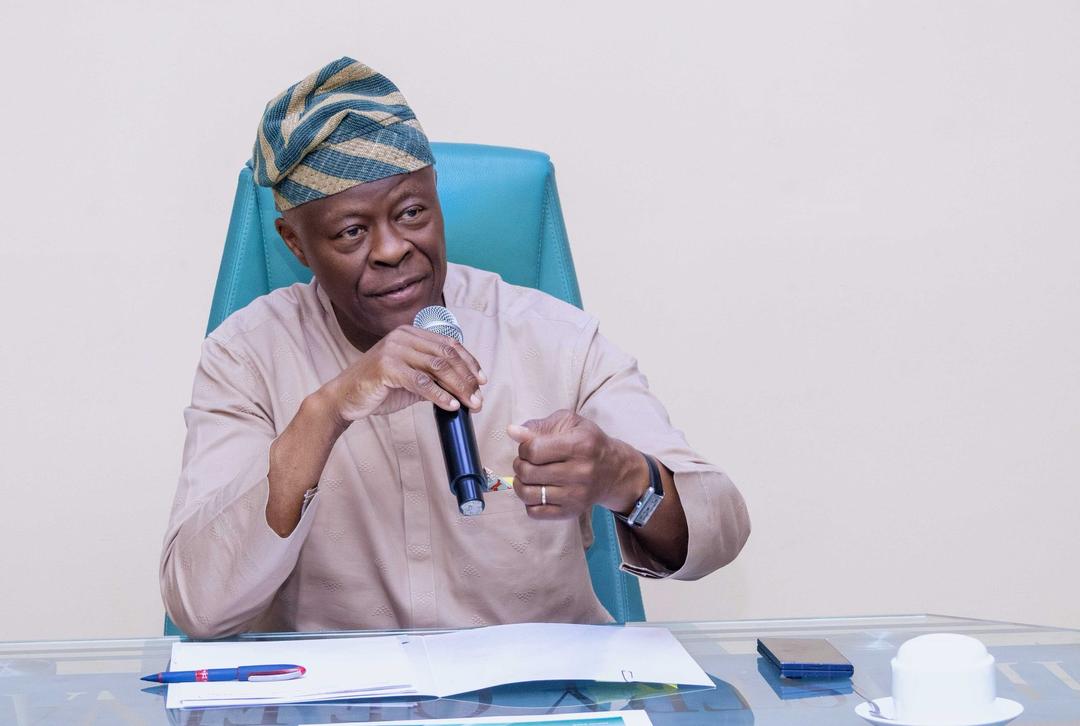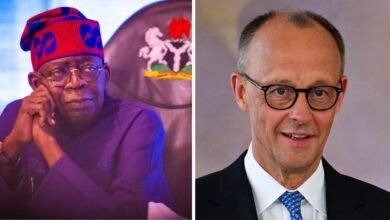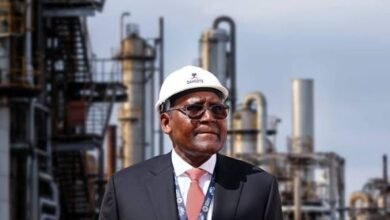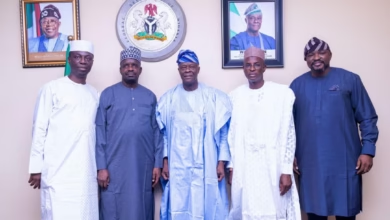Economy
Economic Group Commends Wale Edun on Fitch Rating Upgrade

Nigeria’s upgrade by Fitch from negative, to stable is a mark of confidence by the global economic community on the President Bola Ahmed Tinubu far-reaching policy reforms, as well as his economic team.
This was contained in a statement by the Global Economic Policy Initiative (GEPIn), on Sunday and signed by its President Mr. Bernard Okri, where the group commended the Minister of Finance and Coordinating Minister of the Economy, Mr Wale Edun for successfully implementing an overhaul of the country’s economy, which is already bringing results such as increased investments into the country.
Fitch Ratings is a global credit rating agency that assesses the creditworthiness of entities like governments, corporations, and financial instruments, assigning ratings to indicate default risk. Last week, the agency upgraded Nigeria’s outlook to Stable from Negative.
Nigeria’s stable outlook from Fitch Ratings implies that the country’s credit rating is unlikely to change in the near term, indicating consistent creditworthiness and low risk of default.
“Fitch Ratings assigned Nigeria a stable outlook due to the combination of macroeconomic stabilization and policy reforms that signal reduced near-term risks and improved economic resilience.
“Specifically, the reforms under President Tinubu’s administration—such as exchange rate liberalization, monetary policy tightening, fuel subsidy removal, and efforts to end deficit monetization—have fostered a more predictable economic environment.
“These measures have contributed to moderating inflation (projected to average 22% in 2025), a more stable naira, and a current account surplus (estimated at 6.6% of GDP in 2024, expected to average 3.3% in 2025-2026),” the statement read.
The group also stated that the increase in the country’s crude oil refining, particularly the Dangote refinery reduces Nigeria’s import reliance and further strengthening balance of payments.
“The increase in crude oil refining capacity, particularly through the Dangote refinery scaling to 0.65 mbpd by mid-2025, supports energy sector growth and reduces import reliance, further strengthening the balance of payments.
“The government’s focus on empowering the private sector aligns with Fitch’s view of enhanced policy credibility, which bolsters investor confidence and supports sustained economic growth, justifying the stable rating.”
In its statement, Fitch stated that it was seeing clear signs of increased commitment to market-based reforms under the President Tinubu’s administration. “While challenges remain, Nigeria’s trajectory has shifted toward stability and greater investor confidence,” Fitch stated.




